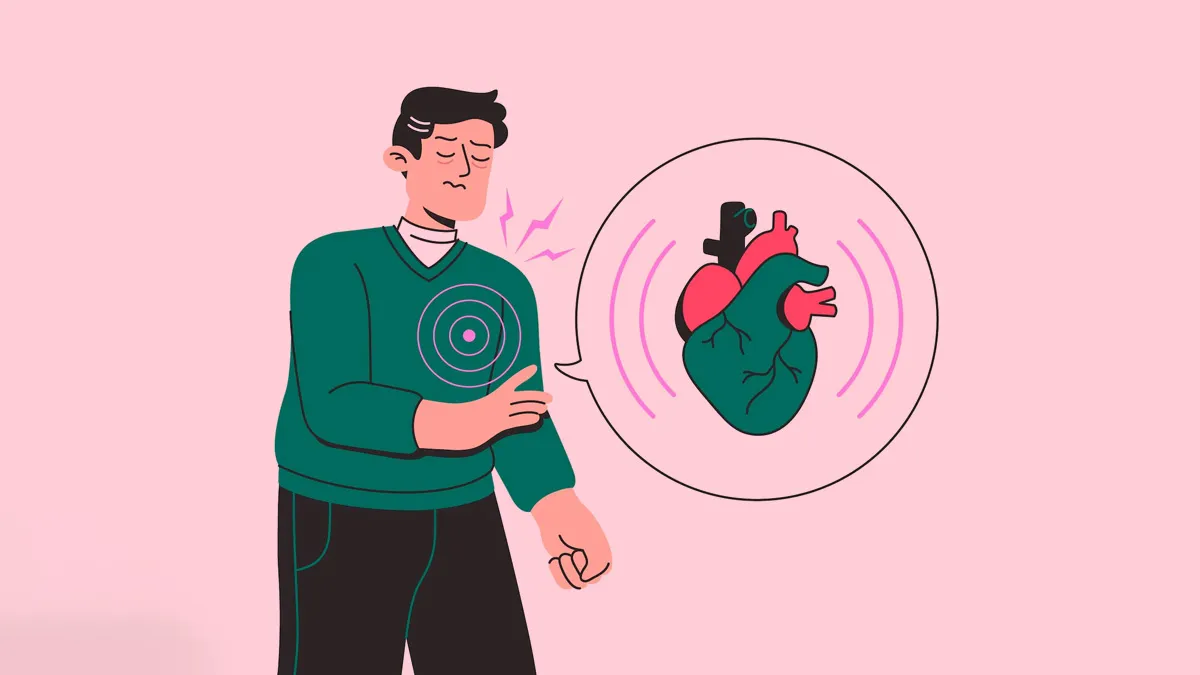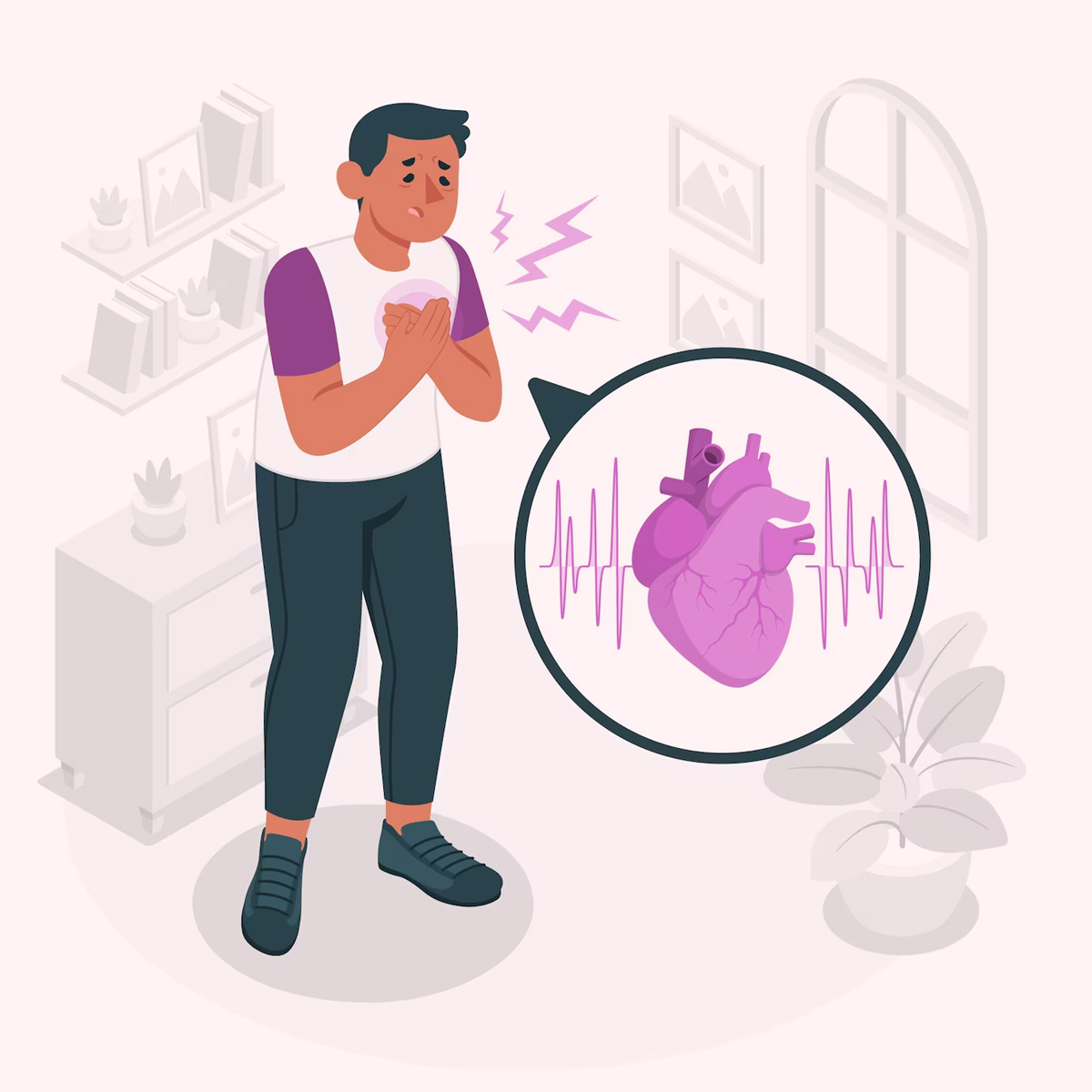
When we think of a heart attack, we often imagine a dramatic scene, someone clutching their chest in severe pain, struggling to breathe, and urgently calling for medical help. But not all heart attacks look like that. Some happen quietly, without the classic warning signs. These are called silent heart attacks or silent myocardial infarctions (SMI). Because they don’t come with obvious symptoms, they often go unnoticed until much later.
But how do you spot something that doesn’t show itself clearly? Are there early signs that can help us detect a silent heart attack before it’s too late?
To understand this better, we spoke to Dr Saurish Hegde, Assistant Professor at the Department of Community Medicine, KVG Medical College, Sullia, Karnataka, who shared some early warning signs to look out for.
Silent heart attacks, also called asymptomatic heart attacks, often show mild or unusual symptoms that can be confused with other health issues and may go unnoticed. To help us recognise these signs early, Dr Hegde shared some important warning signals of a silent heart attack.

Don't Miss: 7 Signs In Your Hands That May Signal Heart Damage, As Per Expert
It’s important to note that not everyone experiences these symptoms, sometimes a silent heart attack can happen without any warning signs at all.
Interestingly, Dr Hegde further told us that heart attacks, or myocardial infarctions, happen when blood clots made of fibrin, red blood cells, or cholesterol block the arteries that supply blood to the heart. He said, “The seriousness of the attack depends on how large the clot is and which artery it blocks.”
Some people are more likely to have a silent heart attack than others. If you have any of the following risk factors, it’s important to stay alert for possible symptoms:

Keeping an eye on these factors can help you take steps to protect your heart health.
Don't Miss: High Oestrogen In Women: 5 Warning Signs Your Hormones May Be Out Of Balance
While we can’t always know what’s going on inside our hearts, there are things we can control: staying active, eating home-cooked meals, and making healthier food choices. Living a natural, balanced lifestyle is one of the best ways to reduce the risk of a heart attack.
Keep reading Herzindagi for more such stories.
Credits: Freepik
Also watch this video
Herzindagi video
Our aim is to provide accurate, safe and expert verified information through our articles and social media handles. The remedies, advice and tips mentioned here are for general information only. Please consult your expert before trying any kind of health, beauty, life hacks or astrology related tips. For any feedback or complaint, contact us at compliant_gro@jagrannewmedia.com.